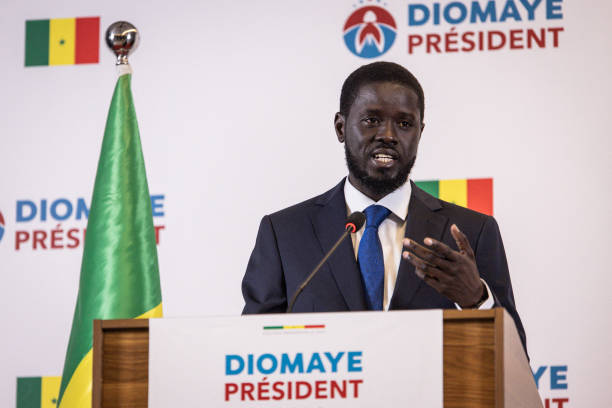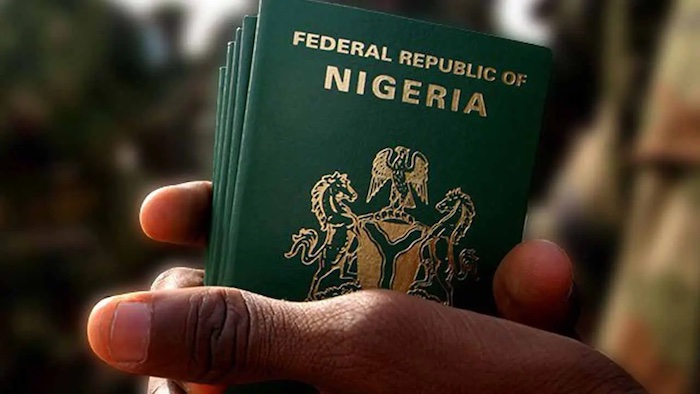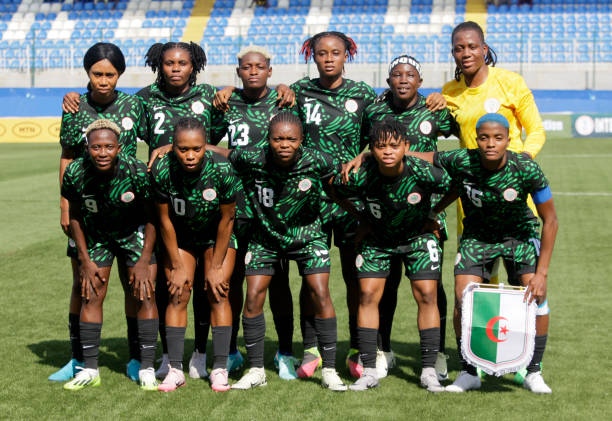In one of the most unexpected twists in modern African politics, Bassirou Diomaye Faye went from a prison cell to the presidency of Senegal in just a matter of weeks. His victory was more than just a personal triumph—it was a political earthquake that signalled a deep hunger for change in one of West Africa’s most stable democracies.
From Cell to State House
Faye was not a household name just a year ago. A tax inspector turned political activist, he was jailed alongside his mentor, the popular opposition leader Ousmane Sonko, on charges many believed were politically motivated. For months, he remained behind bars, accused of spreading false news and threatening state security.
But the Senegalese people hadn’t forgotten him. In fact, his imprisonment only seemed to strengthen his appeal. Many saw Faye as a symbol of resistance—an honest man caught in the gears of an old and corrupt political machine. When the government finally released him just days before the March 2024 election, he walked free not just as a former prisoner, but as a leading candidate.
He won the presidency in a stunning first-round victory, becoming Africa’s youngest elected leader at just 44 years old. It was a moment that captured the world’s attention—not just for the drama of it all, but for what it said about the mood in Senegal and across the continent.
A Nation’s Cry for Change
Senegal, long seen as a beacon of democracy in the region, had grown restless. Under former President Macky Sall, concerns grew over democratic backsliding—delays to elections, crackdowns on opposition voices, and growing economic inequality. Young people in particular were frustrated, feeling shut out of the country’s future despite making up a majority of its population.
Faye tapped into that energy. Running under the slogan of “system change,” he promised to clean up politics, fight corruption, and put the people back at the centre of government. He spoke plainly, wore traditional clothes, and didn’t shy away from confronting Senegal’s elite.
His message struck a chord. In a country where nearly half the population is under 18, Faye represented something new—someone who understood their struggles and was willing to challenge the status quo.
A New Kind of Leadership?
Now in office, the question is whether Faye can deliver on his promises. He has already made bold moves—announcing plans to renegotiate mining and oil contracts, reform institutions, and create jobs through public investment. But governing is not the same as campaigning. He must now build coalitions, manage expectations, and lead a country that is hopeful but also impatient.
Faye’s presidency also raises bigger questions about the future of democracy in Africa. Across the continent, there’s growing disillusionment with traditional politics. Leaders who came to power on promises of reform have often clung to office, sometimes through force. Coups have returned in parts of West Africa, and trust in elections is fading.
But Faye’s rise offers a different path. It shows that peaceful change is still possible—even from a prison cell. His story is a reminder that democracy, though imperfect, can still surprise us. That when people feel truly heard, they are willing to vote—not with violence, but with hope.
The Road Ahead
Bassirou Diomaye Faye has become a symbol—of resilience, of change, of what’s possible when ordinary people dare to dream of a different kind of politics. But symbols can fade, and hope can turn to anger if not backed by results.
Senegalese citizens have handed him a rare gift: trust. The real test now is whether he can turn that trust into meaningful change—not just for Senegal, but as an example for the entire continent.
Because if a prisoner can become a president, then maybe Africa’s future is still wide open.





